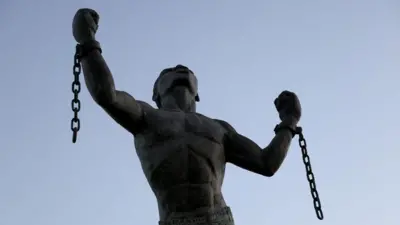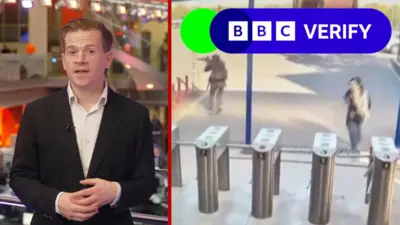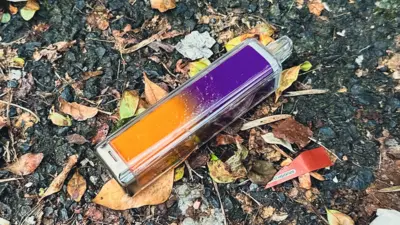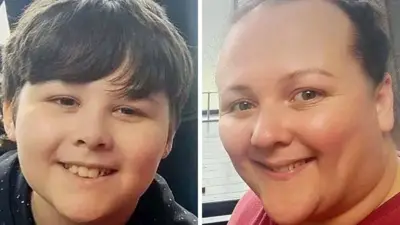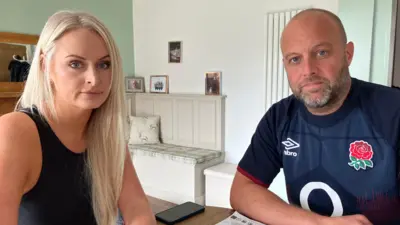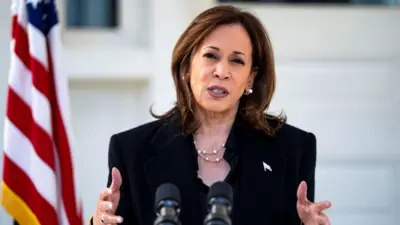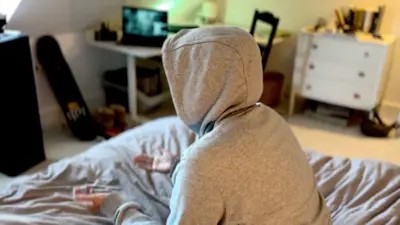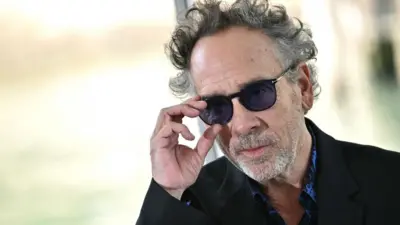We've updated our Privacy and Cookies Policy
We've made some important changes to our Privacy and Cookies Policy and we want you to know what this means for you and your data.
Claudy bomb: Police Ombudsman report due into NI attack
Northern Ireland's Police Ombudsman is due to publish his report into the alleged involvement of a priest in a 1972 IRA bombing in County Londonderry.
Nine people, including an eight-year-old girl, were killed in the village of Claudy in one of the most controversial incidents of the Troubles.
There was an alleged deal between the UK government and the Catholic Church not to arrest Father James Chesney.
Fr Chesney was moved across the Irish border by the Church after the attack.
The priest, who died in 1980, had been the curate in Cullion, a small parish in County Londonderry.
No-one convicted
The Ombudsman's investigation began in 2002 when the police revealed that the force in 1972, the Royal Ulster Constabulary (RUC), had information which indicated that the priest was an active member of the IRA and was involved in the bombing.
The statement said that the Secretary of State at the time, Willie Whitelaw, and Cardinal Conway, the leader of the Catholic Church in Ireland, had discussed the activities of the priest.
It added that all opportunities to catch those who bombed Claudy had not been taken.
Also in 2002 the Bishop of Derry Edward Daly, told the ΒιΆΉΤΌΕΔ that when questioned by his church superiors Fr Chesney had denied any involvement with the IRA "utterly, unequivocally, vehemently".
However, Fr Chesney did say that he had "republican sympathies, very strong republican sympathies".
The Ombudsman, Al Hutchinson, has been examining the original RUC investigation.
No-one has ever been convicted of the bomb attack in which both Protestants and Catholics were killed.
The youngest victim was eight-year-old Kathryn Eakin who was cleaning the windows of the family grocery shop when the first bomb exploded.
The other people killed were Joseph McCloskey, 39; David Miller, 60; James McClelland, 65; William Temple, 16; Elizabeth McElhinney, 59; Rose McLaughlin, 51; Patrick Connolly, 15; and Arthur Hone, 38.
The bombing came in the bloodiest year of the Northern Ireland conflict - almost 500 people were killed in 1972.
As well as the power to investigate complaints against the Police Service of Northern Ireland, the Police Ombudsman also has the authority to probe investigations carried out by the predecessor to the PSNI, the RUC.
More general investigations into incidents during the Troubles are handled by a dedicated group of PSNI detectives - the Historical Enquiries Team.
'Bring justice'
ΒιΆΉΤΌΕΔ Ireland correspondent Mark Simpson said the report "is expected to confirm that the authorities at the time were aware of the suspected involvement of a priest in the atrocity - but failed to arrest him".
"Instead, a secret deal was done between the Catholic Church and the state to move Fr Jim Chesney across the border into County Donegal," our correspondent added.
"The rumour which has been swirling around the County Londonderry village for the past 38 years is there was no justice for the nine people killed, simply a cover-up.
"If the Ombudsman's report substantiates it, there will be questions for the Catholic Church to answer."
Speaking in 2002 shortly after the investigation reopened, Merle Eakin, the mother of Kathryn Eakin, said: "We are just hopeful that they will bring justice and the people who are still alive will be brought to justice - that is what we really want."
In 2005, four people, including a Sinn Fein Assembly member, were arrested in connection with the bombing.
They were released without charge a few days later, with Sinn Fein's Martin McGuinness calling it a political stunt.
Top Stories
More to explore
Most read
Content is not available
